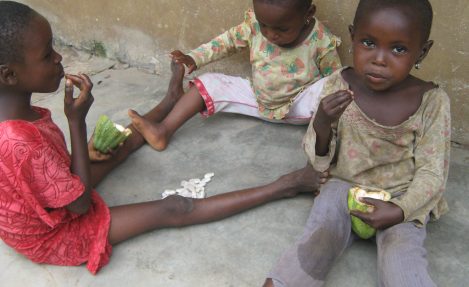
First Published November 2023 I will start by defining homelessness as the lack of a respectable, secure accommodation with access to clean water, sanitation and other public amenities that exposes the individual(s) or group(s) bereft of them to the vagaries and risks of weather, insecurity and public or private ridicule. According to
No matter the data you interrogate, Africa is reported to have a disproportionate number of the worlds poorest. While the World Bank reported that 685 million people around the world lived in extreme poverty with less than $2.15 dollars per day at the end of 2022, Statista indicates that in 2023,
In spite of having 65% of the worlds uncultivated arable land, abundant water resources, a youthful population with a median age of 19.7 and suitable agro-climatic conditions for commercial agriculture1, Africa remains a net importer of food, the hunger capital of the world and a continent with the highest number
On September 8, 2025, our Global Executive Director Maurice Ekpong was a guest on the live radio show hosted by Abiodun Adelowore on Radio Now 95.3FM. He spoke extensively on the topic: "The Role of Good Leadership in Nation-Building". Take a listen

































